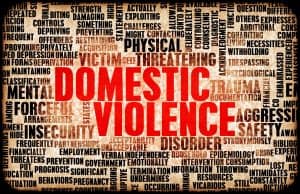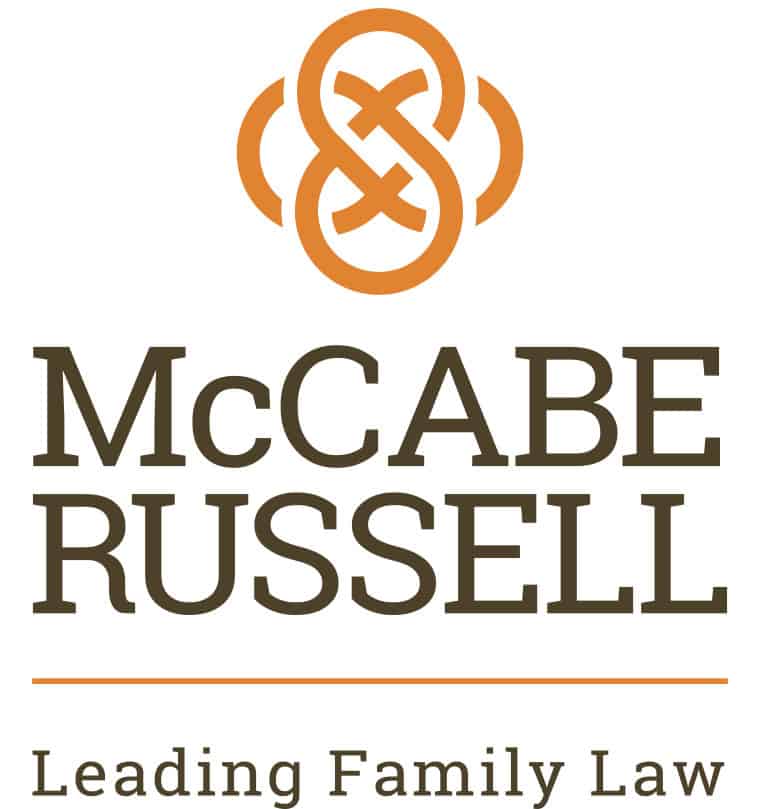What Do You Have to Prove to Get a Protective Order for Domestic Violence in Maryland?
 If your spouse, partner or close relative is hurting you, Maryland law has provisions for protecting victims of domestic violence. A judge can issue a temporary protective order, which orders the abuser to stop threatening or abusing you, stay away from you and not contact you or harass you at home, work or school, and it can order the abuser to stay out of your home and any other form of relief that the judge decides would be appropriate given the circumstances. In a final protective order, the judge can order these things and establish a temporary visitation schedule with children, award emergency family maintenance, direct the abuser to get counseling, award use and possession of a jointly titled car, and order the abuser to surrender all firearms.
If your spouse, partner or close relative is hurting you, Maryland law has provisions for protecting victims of domestic violence. A judge can issue a temporary protective order, which orders the abuser to stop threatening or abusing you, stay away from you and not contact you or harass you at home, work or school, and it can order the abuser to stay out of your home and any other form of relief that the judge decides would be appropriate given the circumstances. In a final protective order, the judge can order these things and establish a temporary visitation schedule with children, award emergency family maintenance, direct the abuser to get counseling, award use and possession of a jointly titled car, and order the abuser to surrender all firearms.
If you are seeking a protective order for domestic violence, it is vital that you understand the gravity of the situation. Before the court will grant a protective order, it needs to be confident that your case is a valid case of abuse, because the consequences for the alleged perpetrator are serious. There are specific legal requirements that you must meet before a protective order will be issued.
Examples of abuse
When you petition the court for a protective order, you will have to complete a form which includes a description of the abuse you have suffered. You will also be asked to report examples of threats of abuse that the defendant has made against you. Some examples of acts of abuse include:
- Acts that cause physical harm such as: kicking, punching, choking, strangling, shooting, hitting with an object, stabbing, biting
- Acts that cause a person to fear imminent serious bodily harm (including threats of harm)
- Assault
- Rape or sexual assault (including attempts)
- False imprisonment
- Mental injury to a minor child
- Stalking
What can I do to prepare to present my case for a protective order?
While you are not required to be represented by a lawyer, not having one would be a mistake You will want to contact any witnesses who saw the abuse take place, or who have seen your wounds or bruises following the abuse. Anyone can be a witness, including friends, family, doctors, police – even strangers. Witnesses can testify willingly, or they can be compelled to testify by subpoena. If a subpoenaed witness fails to show up for the hearing, you can ask the judge to reschedule the hearing.
You will also need to gather evidence that supports your claims of abuse. If you have medical records that describe the injuries, police reports, photographs of your injuries, recorded 9-1-1 calls. The more evidence of abuse you have, the stronger your case will be, but if your only evidence is your testimony, you can still pursue your case.
Tell your story clearly, including details of the incidents of domestic violence, the threats, any weapons used and the injuries you suffered. Give the most explicit details possible, and be as exact as possible. We know that your story will be difficult to tell, but we will help you prepare.
At McCabe Russell Divorce and Child Custody Lawyers, our Rockville family law attorneys are here to protect the rights of families throughout Montgomery County. You are welcome to call 443-812-1435 or fill out our contact form to schedule an appointment. We also have offices in Bethesda, Fulton and Columbia

At McCabe Russell Divorce and Child Custody Lawyers, we have an established reputation as assertive and confident negotiators and litigators, offering legal guidance designed to eliminate any of our clients’ worries and confusion. We are experienced family law attorneys in Howard and Montgomery County, but we serve clients throughout Maryland. Read more about McCabe Russell Divorce and Child Custody Lawyers.
